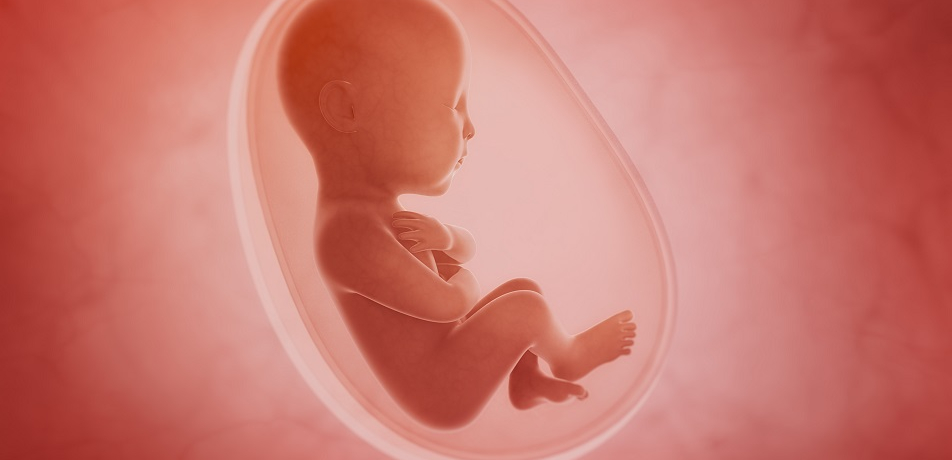Sugar baby solution
Weizmann team finds a new and unexpected source of insulin
Briefs

Diabetes occurs when insulin—a hormone produced in the pancreas that turns blood sugar into useable energy—cannot be handled properly by the body, or is generated in insufficient quantities. For many, regular injections of synthetic insulin are the only way to push back against the long-term effects of diabetes, which can include devastating damage to the heart, blood vessels, eyes, kidneys, and nerves.
Now, research led by Prof. Shalev Itzkovitz in the Department of Molecular Cell Biology has revealed an unexpected, alternative source of insulin that may hold the key to improved diabetes treatments. Working with a pediatrician from the Yale School of Medicine, Prof. Itzkovitz and his team discovered that insulin is generated by cells of the fetal intestine, but only up until the time of birth.
What turns the fetal cells’ insulin-making program off at birth is unknown. However, the crucial question, according to Prof. Itzkovitz, is whether it can be turned back on.
“Perhaps one day this dormant program for making insulin can be awakened in people with diabetes,” he says. “If so, cells in the intestinal lining could make a wonderful source of insulin because they are constantly renewed. This would be a special advantage for people with Type 1 diabetes, whose insulin-making cells are continually destroyed by the immune system.”
Prof. Shalev Itzkovitz is supported by: - Helen and Martin Kimmel Institute for Stem Cell Research, which he heads
- Wolfson Family Charitable Trust